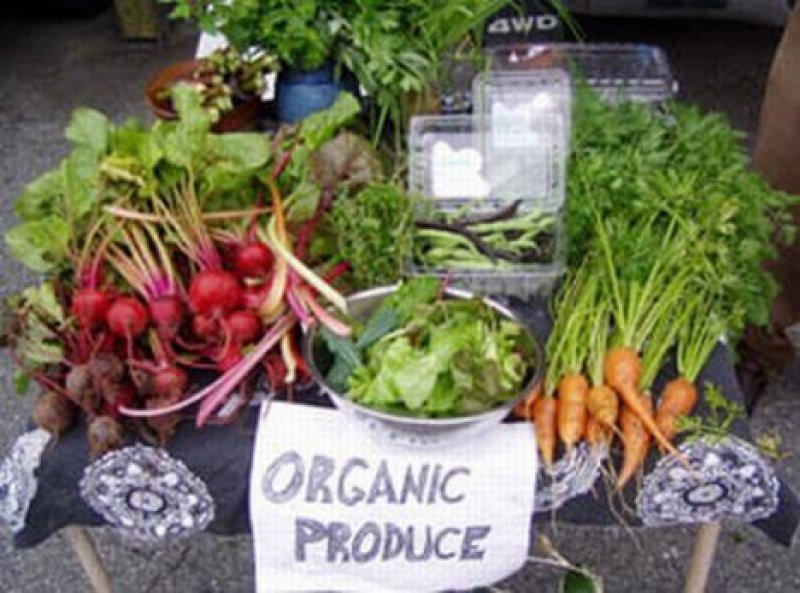The GLP aggregated and excerpted this blog/article to reflect the diversity of news, opinion and analysis.
Soybeans from India, coconut water from Sri Lanka, grains from Ukraine or Canada…the list of organic products purchased beyond borders keeps getting longer.
Bio Suisse, the federation of Swiss organic farmers, alone has approved the import of certified products from 60 countries and around 2,000 facilities. “This is only when demand cannot be covered by the domestic market,” explained Bärtschi. The share of imports for fruit and grains is 66%. “In the end, imports are about covering the needs of consumers,” he added.
But what are the needs exactly? Are consumers of organic products so spoiled that they request the entire range of products all the time? Rising exports of organic food indicate an increasing globalisation of the market.
“Do we really have to eat tomatoes all year? The large distributors are spoiling Swiss consumers.” While organic farmer Martin Köchli welcomes the increased selection of organic farming products found on the shelves of Swiss supermarkets, he doesn’t believe that the same products have to be offered all year round.
In his view, organic farming is about much more than doing without artificial fertilisers or pesticides. It also includes diligence and frugality, two virtues that are not highly valued in today’s consumer society.
“Only by being careful with our resources can we sustainably produce healthy products into the future,” Bio-familia, a Swiss organic company, promises on its website. And what about the resources that are consumed during the transport of the organic muesli along the sea route to China, covering some 13,000 kilometres?
Read full, original post: How green is the global organic food market?































